Since 2008, the annual marathons of Müpa and the Budapest Festival Orchestra have presented the best of a composer’s work in a series of concerts, starting in the morning and running until late into the evening. On 4 February 2023, the programme will focus on Sergei Prokofiev , who died 70 years ago and who created music in a wide variety of genres.
Sometimes with classical music, I suggest we should make a top list for ourselves, let’s say a top ten. Of course I certainly have one, too, and there is a Prokofiev piece on it. Which one? The Dance of the Knights from the ballet Romeo and Juliet, which he wrote for the Bolshi theatre in Moscow. I listen to it with a profound inner and outer affection whenever it is played somewhere. Although he composed the first version in 1935, eighty-eight years ago, it is a timeless piece, so much so that the music for the aforementioned dance scene has not even left the funny-minded brass musicians of an orchestra cold, when they noticed that some of the musical beats from Star Wars fit in perfectly with this music, and in one rehearsal they surprised not only their fellow musicians but also their conductor by blowing the well-known melody into Prokofiev’s music.
Not even Prokofiev, I suspect, would be angry to hear this musical ingenuity or prank, for the intention was as innovative as he himself. If we look at his career, we see that this is why he had a hard time. Although he played music from an early age, it was not one of his favourite pupils at the St Petersburg conservatoire.
“He was a stubborn, cantankerous, headstrong, gruff young man, but undeniably talented. In fact, some would say a genius”
– writes the music critic H. C. Schonberg, whom I will quote later. At the age of 9, he was already trying his hand at composing opera, but he annoyed those around him mainly by his crude manner and his outspokenness. He was a revolutionary in music, a seeker of new paths, and opposed all musical manifestations of romanticism. What is more, he played the piano in a totally unconventional style, which made him new foes.
“The piano,’ he claimed, ‘is a percussion instrument and must be played as such'”,
and indeed it was. The Russian events of the early 1900s led him to go abroad and dedicate himself solely to music. But in fact he found no enthusiastic welcome either in America or in Paris, which he chose as his second foreign destination. They listened nervously to his ‘sharp, fragmented, drum-like, wildly galloping piano playing’, as Schonberg describes this unusual style.
When he returned home to Russia in 1932, he was greeted with enthusiasm, feeling that he was now getting the recognition he deserved. But from the1940 onwards came a bleak period in Russian culture, which did not spare classical music. The French music critic Serge Moreaux recorded the story of how one day a courier knocked on his door and said the following words to him:
“You have just played the same barbaric chord for the two hundred and eighteenth time. Don’t deny it, I was in the apartment downstairs counting. I hereby officially order you to move out of here.”
In addition to all this, it is also recorded for posterity that Prokofiev composed fourteen hours a day in his cramped study and dined irregularly.
If you think that Prokofiev was a composer who wrote chaotic melodies on paper and thought in disharmonies, you are wrong. There is a dichotomy, and on one side of this is an explicitly lyrical, harmonic music.
Prokofiev was able to address tho youngest age group with his compositions. He wrote a symphonic tale for them, Peter and the Wolf, where he was able to portray the qualities of different animals through melodic music.
He also composed film music, for example for the film Ivan the etrrible, directed by Sergei Eisenstein and released in 1945.
There is sure to be something for everyone at the Müpa Music Marathon, with no fewer than seventeen programmes to choose from, including the aforementioned Eisenstein film. Whether you know his music or not, it’s well worth buying a ticket to see a composer of his time, whose works are still performed in classical concert halls today. His works are extremely varied, catering for a wide range of musical tastes, and we can listen to works that could make our own personal Top 10 list of classical music.
Article: Anna Rácz
Translation: Nóra Fehér



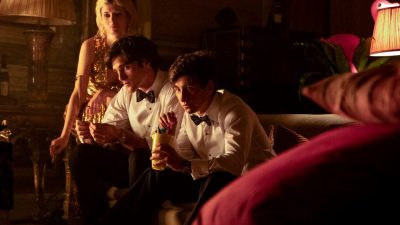
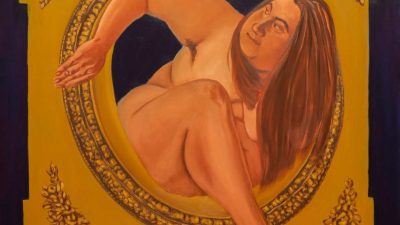
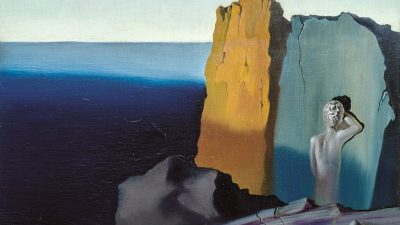



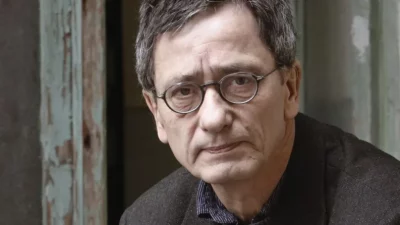




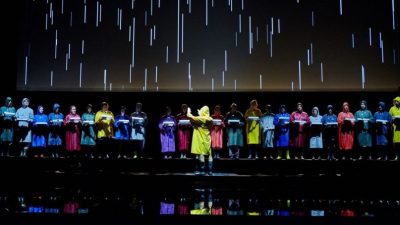







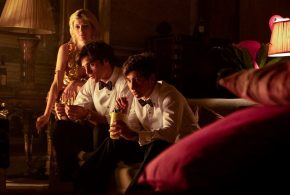
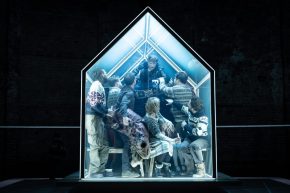


Comments